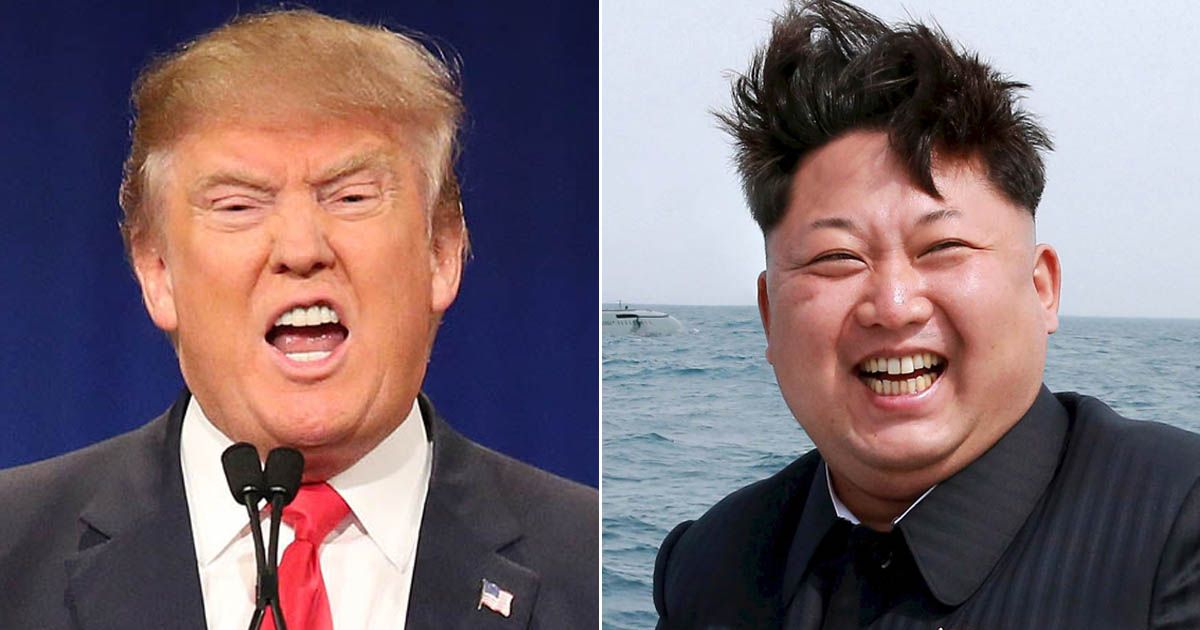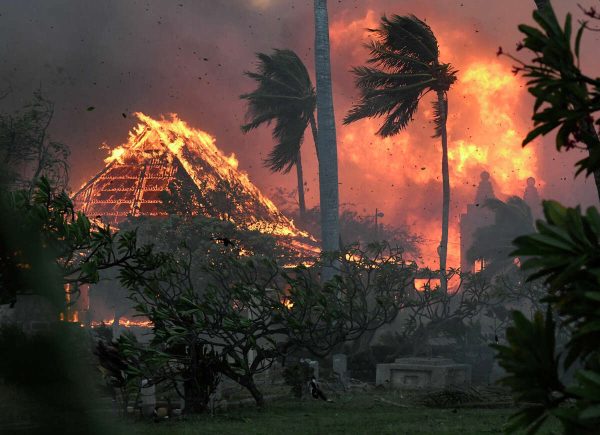North Korea explained
On Saturday, April 15, 2017, the North Korean government conducted a sixth failed nuclear missile test at a facility located in the eastern part of the nation.
Earlier, a parade which carried displays of weaponry and military technology was toured along the Main Square of the capital city of Pyongyang in the western part of the nation.
The parade marked the “Day of the Sun”, a national holiday established in 1968, which celebrates the birth date of the nation’s founder, Kim Il-Sung.
The parade is emblematic of the nationalistic sentiments, both politically and economically, which have historically influenced the diplomatic and economic relations between North Korea, South Korea, China, the United States, and the former Soviet Union.
After the de-establishment of the Japanese political and military presence in the Korean Peninsula following Japan’s defeat in the Second World War, Korea was occupied by the military forces of both the Soviet Union and the United States.
The occupation of the Korean peninsula by the Western powers of the United States and the Soviet Union would result in a longitudinal separation at the 38th parallel, thereafter creating the ideological and political divisions which would establish the separate nations of North and South Korea under differing political and economic systems.
Under the rule of Kim-Il Sung, the Democratic People’s Republic of North Korea was established as communist dictatorship where international and interstate communications are restricted and political power is concentrated and transferred within the ruling family and class.
Since 2011, North Korea has been under the control of his descendent, dictator, Kim Jong-Un.
Jong-Un is rumored to be more strict as a leader to his own people and more inhospitable to the West than his predecessors were. Jong-Un has expanded upon the efforts of his predecessors to sustain North Korean independence and obtain nuclear weapons.
North Korea’s primary enemies are South Korea, the United States, and Japan.
North Korea’s political allies are most notably China, Russia, Iran, Syria, and other governments and regimes that have been rumored to be oppressive in nature.
North Korea’s strongest economic trade partner is China, which has helped the nation sustain itself against the numerous economic sanctions and condemnations issued by the United Nations, the United States, and other governments and intergovernmental organizations.
North Korea’s many declarations of war against the United States and other nations is a sign of its nationalistic values and militarial ambitions.
Due to fall of the Soviet Union and expansion of Far-Western idealism, North Korea was left vulnerable as one of the few communist states which remain in the modern world.
Without the protective political support and military presence of the Soviet Union, the nation sought alternate ways in which to defend itself from potential aggressors, thereafter becoming the aggressor themselves in the eyes of its South Korea neighbor and the West.
Reunification with South Korea would result in the dissolution of North Korean political and economic ideology.
The quality of South Korea’s democratic government and capitalistic economy would improve dramatically in the same years that North Korea would experience extreme levels of governmental corruption and economic downturn following the aftermath of the Korean civil war of the 1950s.
United States President Donald Trump has publicly condemned the nuclear missile test conducted by North Korea. President Trump has called upon the Chinese government, which remains as North Korea’s strongest ally, to advocate and negotiate on behalf of South Korea and the West to peacefully resolve the conflict.
In the past, President Trump has criticized China for its provision of relief from economic sanctions by the United Nations to North Korea.
Other prominent Trump administration officials, such as Secretary of State, Rex Tillerson, United Nations Ambassador Nikki Haley, and Vice President Michael Pence have condemned North Korea’s nuclear missile test and have called for action by the United States, China, and the international community.

I am in 12th grade. I would like to study political science at the post-secondary level. I chose to study journalism because the critical thinking and...













